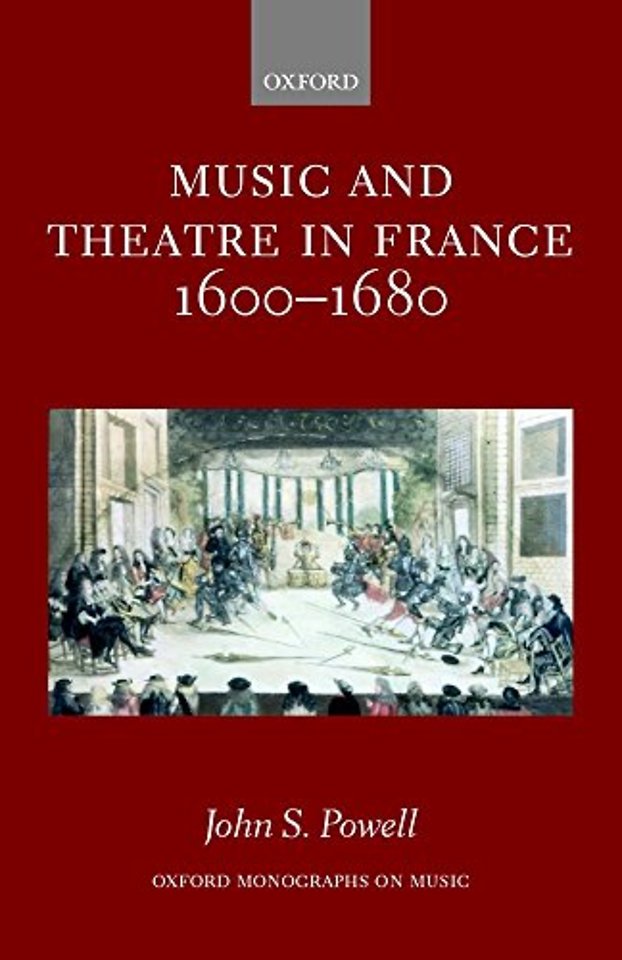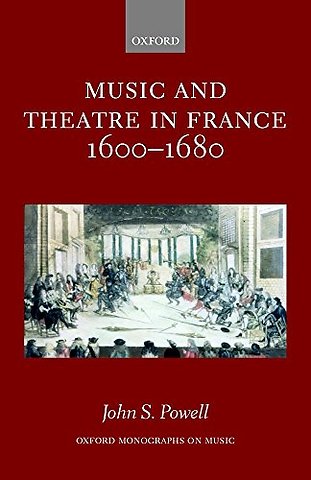

Music and Theatre in France 1600-1680
Samenvatting
During the course of the 17th century, the dramatic arts reached a pinnacle of development in France; but despite the volumes devoted to the literature and theatre of the ancien r'egime, historians have largely neglected the importance of music and dance. This study defines the musical practices of comedy, tragicomedy, tragedy, and mythological and non-mythological pastoral drama, from the arrival of the first repertory companies in Paris until the establishment of the Com'edie-Fran,caise. The dynamic interaction of the performing arts in primarily spoken theatre, cross-fertilized by ballet de cour and imported Italian opera, gave rise to a set of musical conventions that later informed the pastorale en musique and early French pastoral opera. The performance history of four com'edies-ballets by Moli`ere, Lully, and Charpentier leads to a discussion of the musical and balletic performance practices of Moli`ere's theatre and the interconnections between Moli`ere's last com'edie-ballet, Le Malade imaginaire, and Lully's first opera, Les Festes de l'Amour et de Bacchus.